Kopi Luwak is believed by many to be the most expensive coffee in the world. It’s made by processing partially digested coffee cherries, which have been eaten and excreted (!) by an animal that looks like a mix between a cat and a raccoon, called the Luwak or Asian Palm Civet. “Kopi” means coffee in the Indonesian language.
It sells for hundreds of dollars per pound, and it’s surrounded by an aura of exoticism. I first learned about Kopi Luwak while watching the Bucket List movie, where Jack Nicholson’s character calls it “the rarest beverage in the world.”
But, is Kopi Luwak worth the hype (and the cost)?
The short answer is no, I believe Kopi Luwak is not worth it, first because it just doesn’t have the best taste. There are far better alternatives when it comes to finding the highest quality coffee and the best possible flavor. The second and also important reason is that there are serious ethical concerns with the way Kopi Luwak is produced.
.
Short history
Kopi Luwak has been around since the early days of coffee production in South East Asia, that is, since the late 1600s, so it’s really nothing new. But only in modern times, has it been marketed as a luxury product.
In the 1700s, what we now know as Indonesia was a Dutch colony called the East Indies. The Dutch established there coffee plantations, with beans imported from Yemen. It was forbidden for the local pickers to harvest coffee for their own use, so instead, they gathered and processed the coffee beans from the droppings of the palm civet. These beans pass through the digestive system of the civet mostly without being digested, so they are easily recognizable when present in the poop (as you can see in the image below).
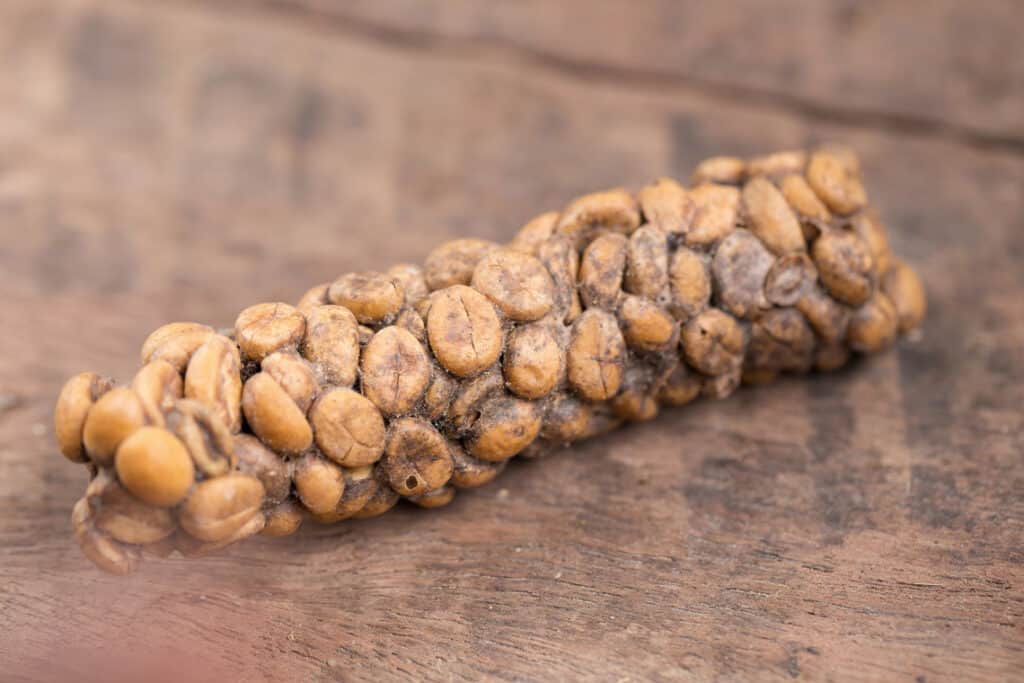
Centuries later, someone realized they could market this coffee as something exotic and unique, that would command a premium price.
In modern times, British coffee trader Tony Wild introduced Kopi Luwak to the West in 1991, as he mentions in his book about the dark history of coffee. The sensational coffee was made internationally famous by appearing on news media, TV shows, and even movies like The Bucket List, with Jack Nicholson and Morgan Freeman.
Tony Wild would later regret having popularized this exotic coffee, and he even started a campaign against it.
Why is it Kopi Luwak so good (allegedly)?
Many people, when offered to taste what is touted as the most expensive or the best coffee in the world, are predisposed to say that it’s excellent, and even give reasons why they like it. This is why professional tasting sessions must be done “blind”, that is without knowing what specific coffee you’re tasting.
What I’m saying is that a great part of the success of Kopi Luwak is due its being marketed as something special, expensive and unique, with an interesting story behind (it comes from poop!). But that’s not the official explanation of why it’s supposedly so good.
When coffee cherries ripen, they do it an uneven pace, which means that you can have ripe red cherries at the same time as unripe yellow or green ones on the same coffee plant. Many coffee plantations that prioritize quantity over quality harvest both ripe and unripe cherries, which translates to less flavor, less sweetness, and more bitterness in the final cup. High quality coffees are produced only from ripe cherries, which makes the harvest process take a much longer time.
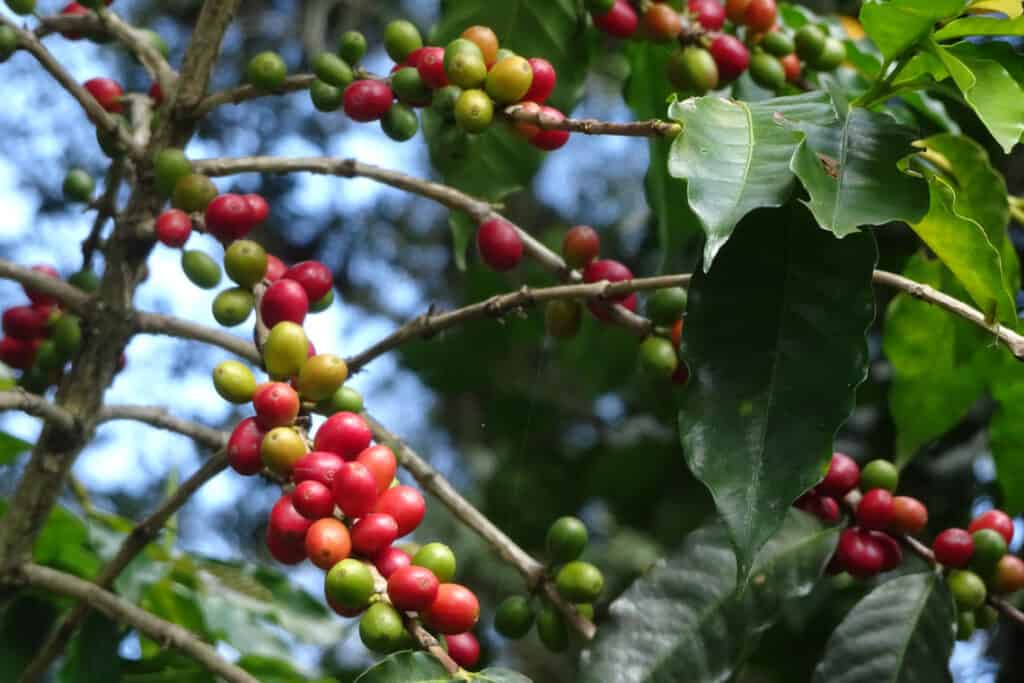
When living in its natural habitat and near a coffee plantation, the civet, who is famously a picky eater, likes to eat only the ripest cherries, so that’s one reason why Kopi Luwak is supposedly better. Although this no longer applies to Kopi Luwak from farms, because the civet is no longer able to choose which berrries to eat.
The other reason is that when passing through the digestive system of the Luwak, the coffee beans are somewhat partially digested, which partially changes them, removing some of the acidity and bitterness. But the right amount of acidity and bitterness are necessary for a coffee to taste good. It’s only when you have lower quality coffee beans (or not the best brewing method) that you have problems with too much acidity or bitterness. On the other hand, when acidity or bitterness is too low, the coffee tastes bland.
If it comes from poop, is it safe to consume?
Yes, it is safe. Possible contamination or hygiene problems are not a problem with civet coffee, because:
- During processing, the coffee beans are removed from the rest of the civet droppings and carefully washed.
- Any remaining bacteria in the beans after washing is certainly killed by the high temperatures present during the roasting process.
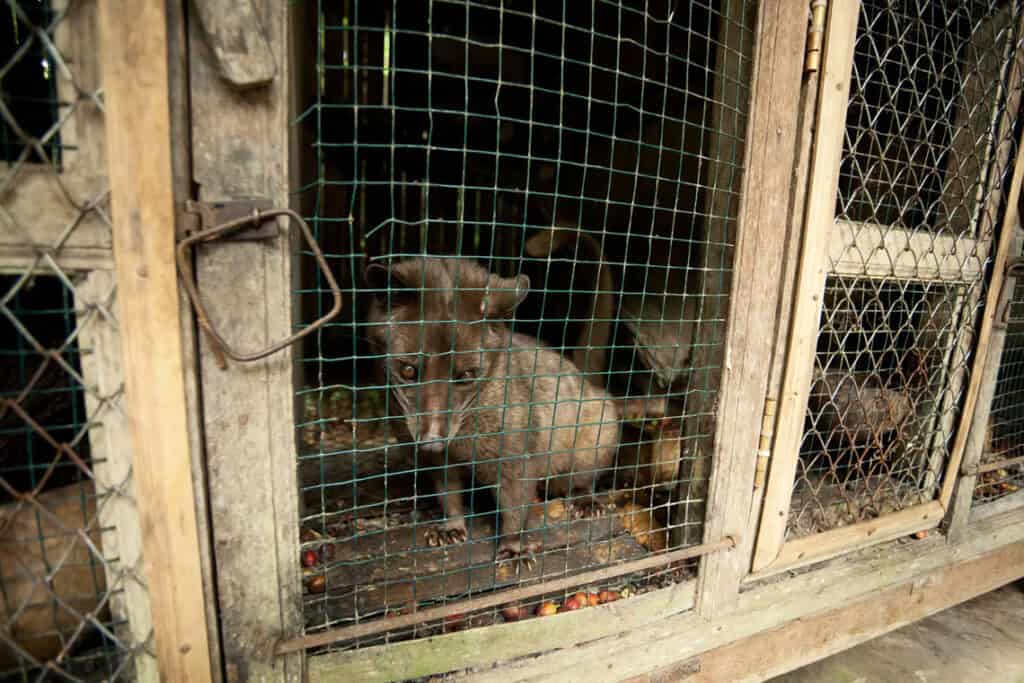
How does it taste?
I reviewed a lot of written and video accounts of people tasting Kopi Luwak for the first time. It’s hard to make fair comparisons between them because of variations in the provenance and processing of the civet coffee. Most of the tastings are not done blindly, which certainly impacts the results.
It’s also important to consider that plenty of the Kopi Luwak sold online is fake, to a great extent, because there is no official certification to make sure that the coffee comes from Asian civet droppings.
Among people who liked the flavor of civet coffee, the most common remarks are: it’s nutty and earthy, low in bitterness, not as acidic, incredibly smooth, and with an odd aftertaste, pretty fantastic, with a lovely, long, subtly nutty aftertaste.
Among people who didn’t enjoy it, the comments are that it’s very bitter, has very low acidity, flat and with little flavor, and overly earthy.
What do coffee professionals think about it?
The consensus within the coffee industry is that it civet coffee just tastes bad.
We should point out that Kopi Luwak is not a specific variety of coffee, but a means of processing coffee beans, that consists of having the coffee cherries pass through the digestive system of the Asian palm civet.
To fairly evaluate the benefits of this processing method, you would have to compare, in a blind tasting, two samples of coffee beans. Both would come from the same plantation, grown from the same variation of coffee plant, with the same type of soil, weather, amount of shading, etc.. They should also go through otherwise equal processing methods (equivalent amount of washing, drying, hulling, roasting, etc.). The only difference allowed would be that one sample was “Luwak processed” and the other not.
That is exactly what Rocky Rhodes from the International Coffee Consulting Group did when he visited a farm in East Java. After blindly cupping the samples (cupping is coffee industry jargon for tasting in a standardized way) he found that the Luwak processing actually diminished the quality of the brewed coffee. This was because it decreases the good acidity and flavor and adds smoothness to the body, which makes quality coffee less enjoyable.
It used to make sense to improve the flavor of coffee by reducing the acidity or bitterness when most of the beans available where low quality to begin with because coffee producers focused on improving production and lowering costs without regard for quality. But in modern times, so-called third-wave coffee or specialty coffee has benefited from improvements in agricultural practices and technical knowledge on how to grow and process coffee. Because of these advances, there are now available coffees of a much higher quality and richness of flavor than ever before.
If what you’re looking for are high quality and great flavor, I suggest you try specialty coffee. If you really want top quality, best of the best coffee, then look for the winners of the Cup of Excellence contest.
Ethical Concerns
When Indonesia became famous as a tourist destination, it attracted visitors who wanted to see and interact with wildlife. Kopi Luwak was then marketed as the most expensive and exotic coffee in the world, which made it into a big business. This came at the cost of the welfare of the Luwak.
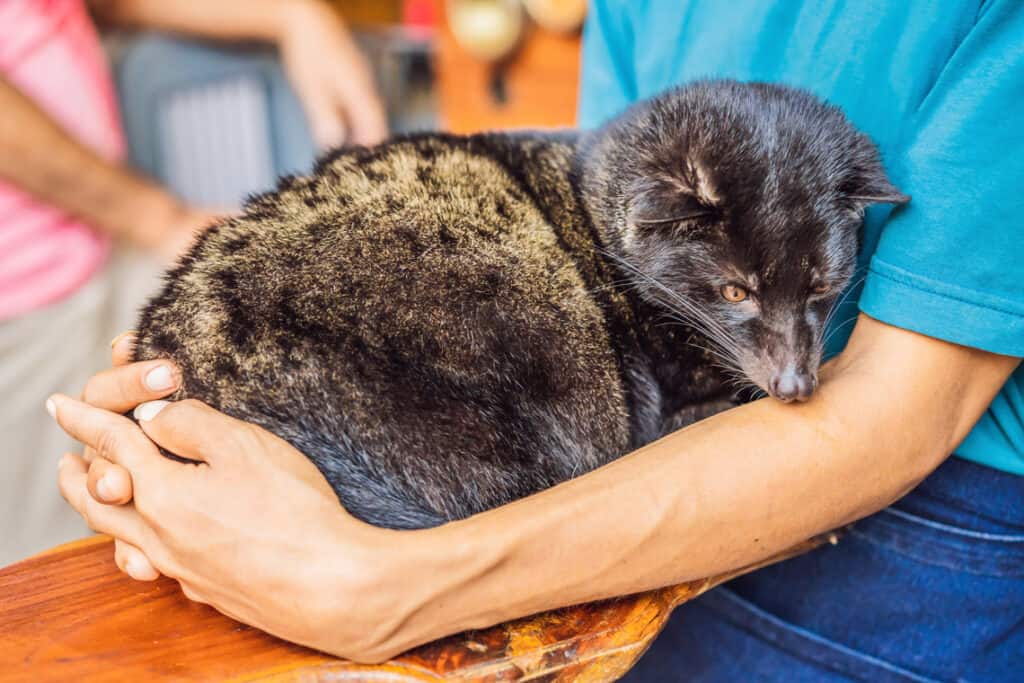
Wild civets are now poached and confined to cages in coffee plantations, where they are used both for coffee production and for making money out of tourists who want to see the civets. The conditions in which these animals live are very worrisome.
In the wild, the diet of the Asian civet consists mostly of fruit (they love mangoes), along with some insects and small reptiles. But in captivity, they are allowed to eat only coffee cherries, which causes severe malnutrition.
In 2013, the BBC made a documentary based on an investigation made by undercover reporters who posed as coffee importers. It’s depressing to watch. They visited the farms where the animals are kept inside filthy cages that have a wire floor that hurts their feet, nowhere to climb or play. The civets show evident signs of stress and neglect.
Some of the civet coffee available online claims to be from wild animals, so that one is safe to buy, right? Wrong. The documentary shows convincing evidence that much of the coffee that claims to be from wild Luwak comes from caged animals. This happens because there’s no established certification or reliable way to determine what is the true origin of any coffee advertised as Kopi Luwak.
Beyond that, there’s reason to believe that half the beans that are marketed as Kopi Luwak are either adulterated or fake.
Conclusion
For the reasons explained in this post, I believe Kopi Luwak is not worth trying. Even if you place ethical concerns aside, there are much better coffees out for you to discover that don’t come with an exorbitant price tag.
If you like low acidity, you can choose coffee beans that are naturally low in acidity, adjust your brewing process, or go for a darker roast. If you like coffee with little bitterness, you can learn more about it in our post on how to correct too much bitterness in coffee.
If what you really want is great coffee, then I strongly recommend you explore specialty coffee beans, find the brewing method that suits you best and improve your coffee making skills.
Last Updated on May 28, 2023 by Cristina Vélez
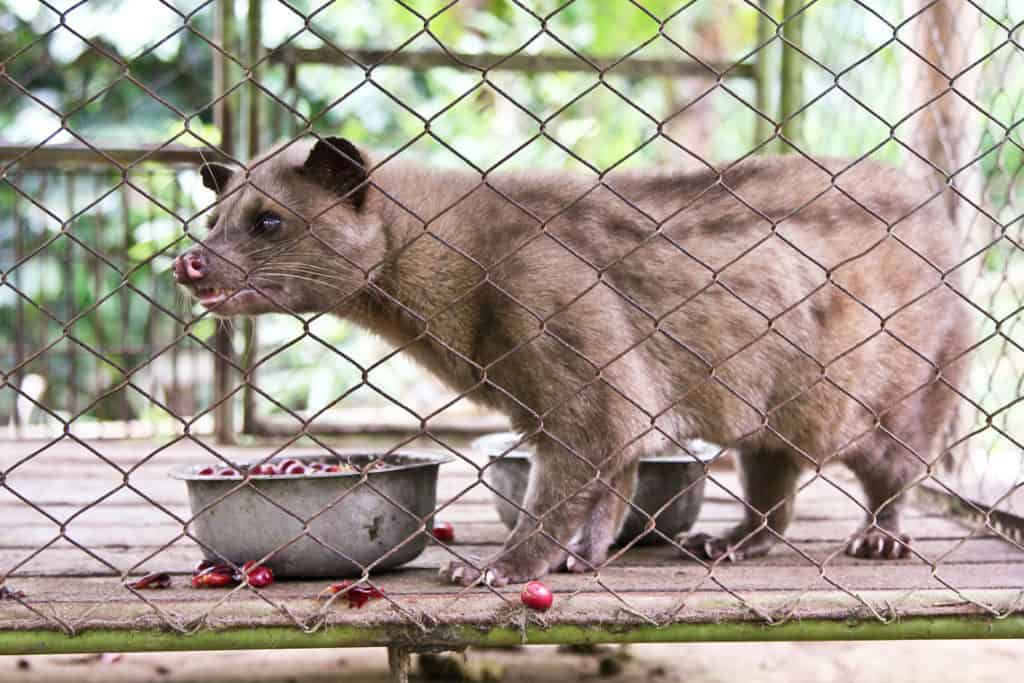

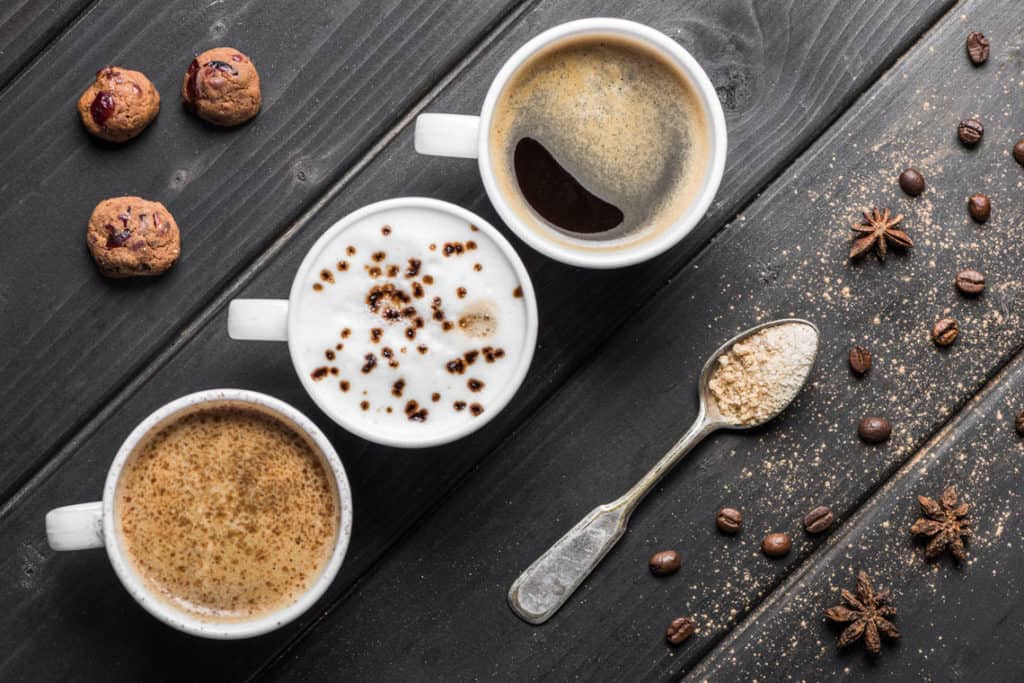
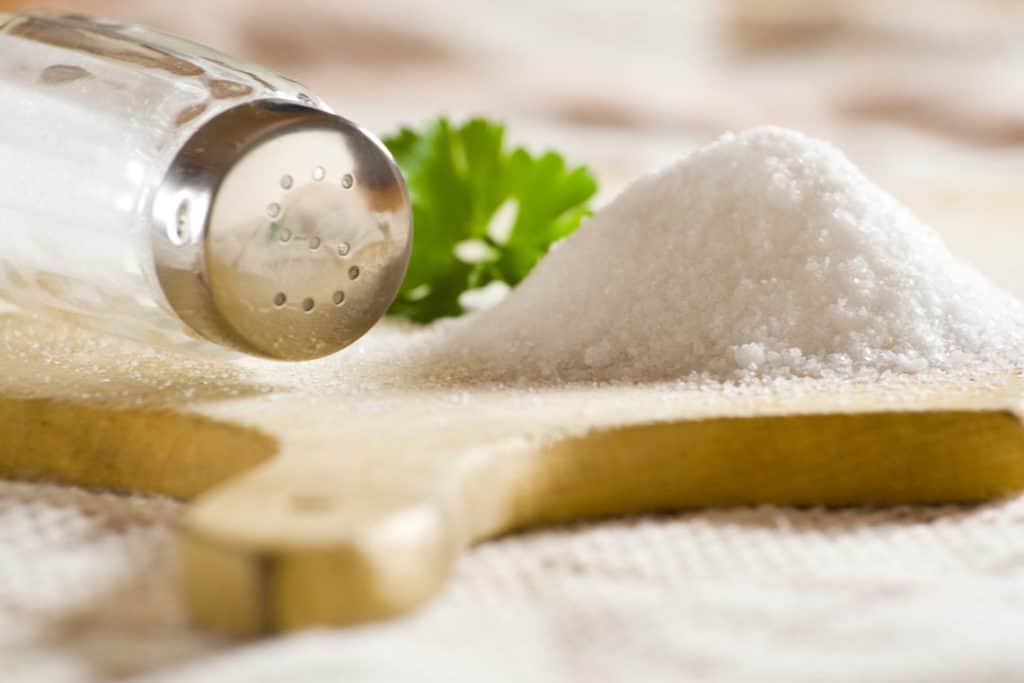

Locking up animals that should be left in the wild for a cup of coffee, better not say the are animal lovers because they are not. It’s cruel an inhumane
Hello Lynn! Yes, locking up wild animals for a coffee that’s no better than regular quality coffee, is cruel and unfair. Thank you very much for reading my blog post.